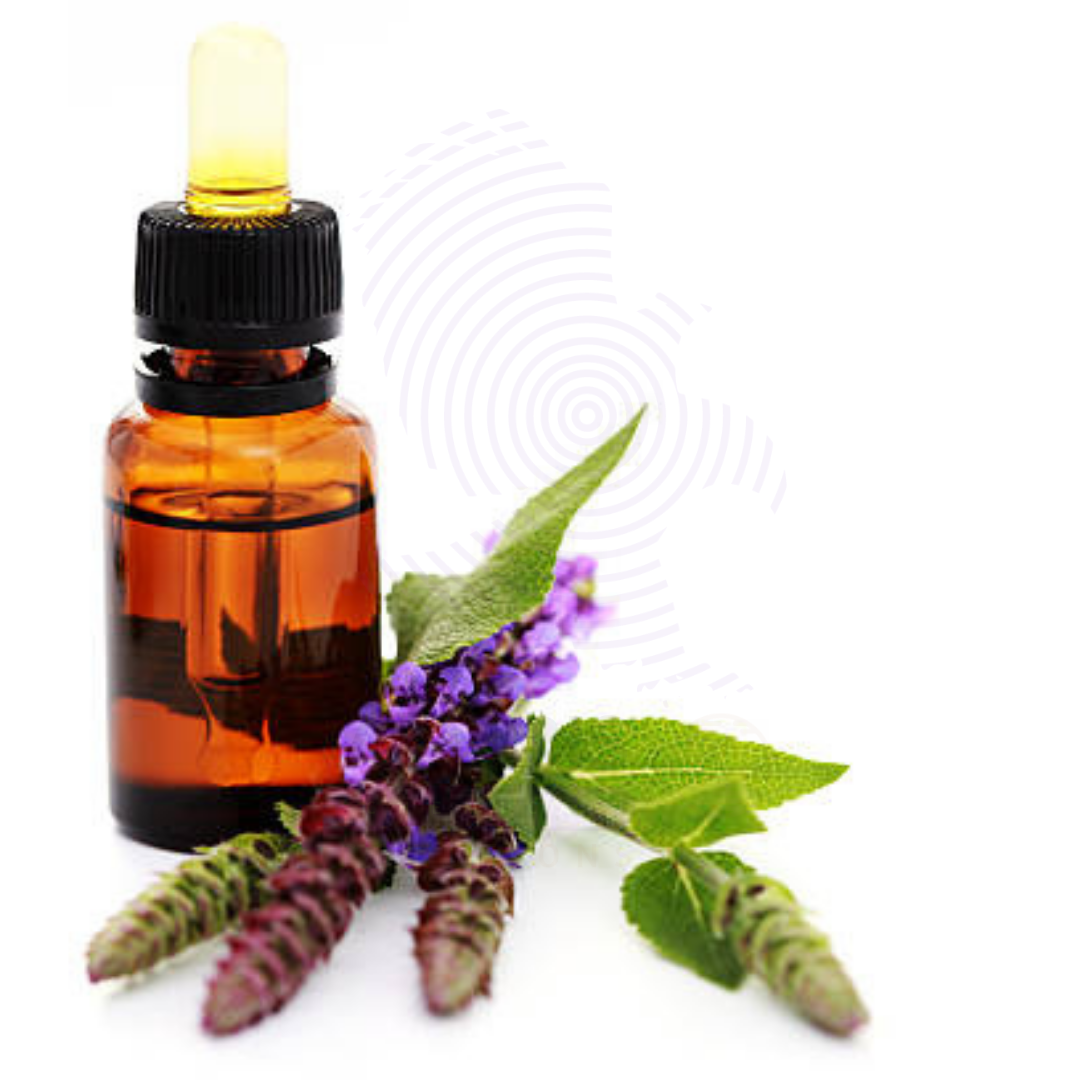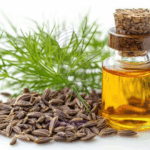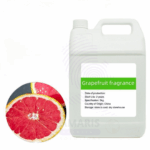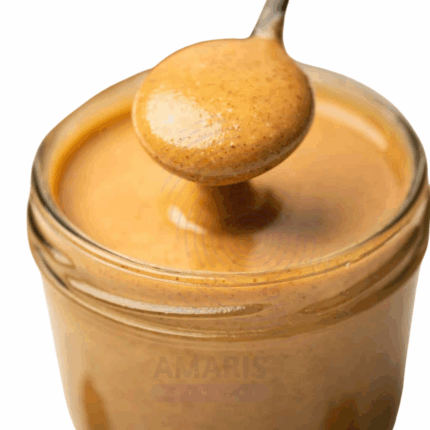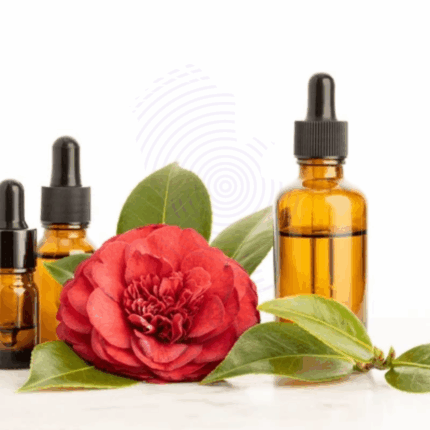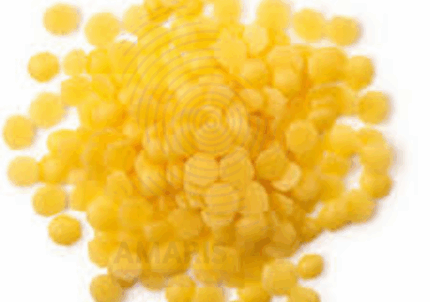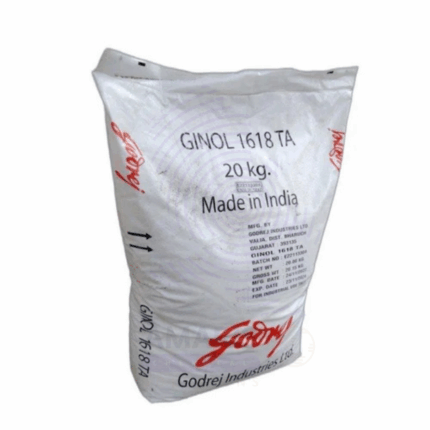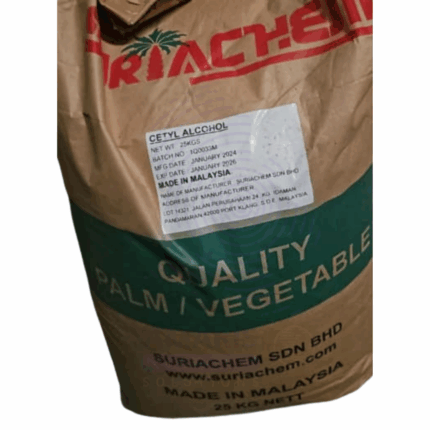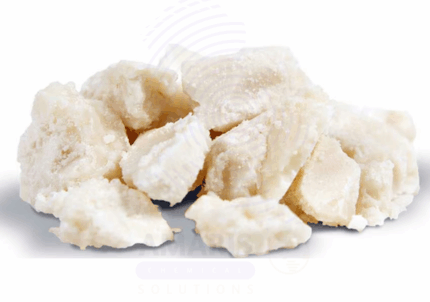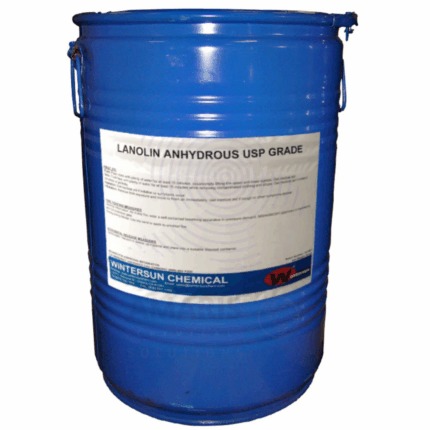Echium Seed Oil
Whatsapp Order
Echium Seed Oil is a cold-pressed oil extracted from the seeds of the Echium plantagineum, native to the Mediterranean region. It is rich in omega-3 (ALA), omega-6 (GLA), and omega-9 fatty acids, offering excellent skin conditioning and anti-inflammatory benefits. It is widely used in cosmetics, personal care, and natural therapeutic products for soothing irritated skin, enhancing skin barrier repair, and providing antioxidant protection.
Description
Table of Contents
Toggle
Echium Seed Oil
Primary Uses
- Cosmetics and Personal Care
- Incorporated in facial oils, creams, and serums for hydration and skin barrier support
- Used in body lotions and balms for anti-inflammatory and soothing properties
- Added to hair care products to improve scalp health and shine
- Employed in lip care products for moisturizing and protective effects
- Pharmaceuticals
- Used in topical formulations for skin conditions such as eczema, psoriasis, and dermatitis
- Included in natural anti-inflammatory and wound-healing products
- Nutritional Supplements
- Used as a source of essential fatty acids in dietary supplements promoting cardiovascular and skin health
Secondary Uses
- Pet Care Products
- Used in skin and coat care formulations for pets to soothe irritation and improve fur quality
KEY PRODUCT FEATURES
1. Basic Identification Attributes
- Botanical Name: Echium plantagineum
- Common/Trade Name: Echium Seed Oil
- INCI Name: Echium Plantagineum Seed Oil
- CAS Number: 84603-93-0
- HS Code: 1515.90
- Synonyms: Echium Oil, Echium Seed Extract
2. Physical & Chemical Properties
- Physical State: Liquid oil
- Color & Odor: Light amber to golden yellow; mild nutty aroma
- Solubility: Insoluble in water; soluble in oils and organic solvents
- Typical Fatty Acid Composition: High in alpha-linolenic acid (ALA), gamma-linolenic acid (GLA), and stearidonic acid (SDA)
3. Safety & Hazard Attributes
- GHS Classification: Not classified as hazardous
- Toxicity: Non-toxic and safe for topical and dietary use
- Allergen Information: Generally non-allergenic; patch testing recommended for sensitive skin
4. Storage & Handling Attributes
- Storage Conditions: Store in a cool, dark, and dry place to prevent oxidation
- Container Type: Amber glass bottles or food-grade containers
- Shelf Life: 12 to 24 months depending on storage conditions
- Handling Precautions: Avoid exposure to heat, light, and air to maintain stability
5. Regulatory & Compliance Attributes
- Compliant with cosmetic and nutraceutical regulations
- Produced in GMP-certified facilities
- Suitable for vegan and cruelty-free product formulations
6. Environmental & Health Impact
- Biodegradability: Biodegradable
- Ecotoxicity: Low environmental impact
- Bioaccumulation: Not expected
SAFETY HANDLING PRECAUTIONS
Safety Handling Precautions
- PPE Required: None typically required for standard handling
- Handling Guidelines: Use under controlled conditions to minimize oxidation
First Aid Measures
- Inhalation: Not applicable under normal use
- Skin Contact: Safe for most skin types; discontinue use if irritation occurs
- Eye Contact: Rinse with water if contact occurs
- Ingestion: Generally safe; not intended for unregulated consumption
Firefighting Measures
- Fire Hazards: Combustible oil
- Extinguishing Media: Foam, dry chemical, carbon dioxide
- Special Precautions: Avoid direct flame and overheating
- Hazardous Combustion Products: Carbon monoxide and dioxide
Related products
Almond Butter
Almond Butter is a smooth, creamy paste made by grinding roasted or raw almonds into a nutrient-rich spread. It retains the natural oils and flavor of almonds, offering a mild, nutty aroma and rich, buttery texture. Almond Butter is packed with monounsaturated fats, protein, vitamin E, magnesium, and antioxidants, making it a highly valued ingredient in the food, nutraceutical, and personal care industries.
In cosmetics and skincare, Almond Butter is prized for its emollient properties, making it a popular base for creams, balms, and body butters. It provides skin-softening, moisturizing, and barrier-protecting benefits. In the food and beverage industry, it is used as a spread, in smoothies, baked goods, energy bars, and dairy alternatives. It is also included in specialty pet food and wellness formulations.
Camelia Oil Infused
Camelia Oil Infused is a gentle, nutrient-rich botanical oil made by infusing the flowers or leaves of the Camellia sinensis or Camellia japonica plant into a carrier oil such as olive, jojoba, or sweet almond oil. Unlike cold-pressed camellia seed oil, this infusion captures a wider spectrum of antioxidant polyphenols, flavonoids, and saponins from the plant material, delivering enhanced skin and hair benefits. Known for its lightweight, non-greasy texture and rapid absorption, Camellia Infused Oil is deeply moisturizing and ideal for sensitive, dry, or aging skin.
Popular in Japanese and Korean beauty traditions, this oil is often used to promote skin elasticity, smoothness, and overall rejuvenation, making it a preferred ingredient in natural cosmetic and personal care products.
Candelilla Wax
Candelilla Wax is a natural vegetable wax derived from the leaves of the Euphorbia cerifera shrub, native to northern Mexico and the southwestern United States. It appears as a hard, brittle, light yellow to brown wax with a mild, characteristic odor. This wax is valued for its high melting point, gloss-enhancing properties, and excellent binding capabilities. It is widely used in cosmetics, pharmaceuticals, food, and industrial applications as a vegan alternative to beeswax. Its film-forming, emollient, and stabilizing attributes make it a multifunctional ingredient across several industries.
Ceto Stearyl Alcohol
Ceto Stearyl Alcohol 1618TA is a high-quality fatty alcohol blend primarily composed of cetyl (C16) and stearyl (C18) alcohols. It appears as a white, waxy solid or flakes with a mild fatty odor. This blend is widely used as an emollient, thickener, and co-emulsifier in cosmetic, pharmaceutical, and industrial formulations. Ceto Stearyl Alcohol 1618TA offers excellent lubricity, thickening, and stabilizing properties, enhancing the texture, consistency, and moisturizing characteristics of creams, lotions, and hair care products. It serves as a skin conditioning agent and contributes to the structural integrity of emulsions.
Cetyl Alcohol
Cetyl Alcohol, also known as 1-Hexadecanol or Palmityl Alcohol, is a fatty alcohol derived primarily from natural sources such as palm oil and coconut oil. It appears as a waxy, white to pale yellow solid with a faint fatty odor. Cetyl Alcohol is widely used in cosmetic, pharmaceutical, and industrial formulations due to its emollient, emulsifying, thickening, and stabilizing properties. It helps improve texture, consistency, and moisturizing effects in personal care products. Cetyl Alcohol is compatible with many ingredients, making it a versatile multifunctional ingredient.
Illipe Butter
Illipe Butter is a natural, hard vegetable fat derived from the nuts of the Shorea stenoptera tree, native to the rainforests of Borneo. Known for its high melting point and rich moisturizing profile, Illipe Butter is prized in cosmetic, pharmaceutical, and food applications for its emollient qualities and stability. It closely resembles cocoa butter in composition and function, making it a sustainable alternative in formulations requiring consistency and long shelf life. The butter appears as a pale yellow to off-white solid with a mild, neutral aroma.
Jojoba Wax
Jojoba Wax is a natural, golden-yellow to amber-colored wax ester extracted from the seeds of the jojoba plant (Simmondsia chinensis). Unlike traditional vegetable oils, jojoba wax is chemically a liquid wax, known for its excellent stability, moisturizing properties, and similarity to human sebum. It is odorless or mildly nutty and is widely used in cosmetics, personal care, and pharmaceutical applications as an emollient, thickener, and skin conditioning agent.
Lanolin Anhydrous
Lanolin Anhydrous is a purified, waxy substance derived from the sebaceous glands of sheep’s wool. It appears as a yellow to amber, semi-solid wax with a characteristic mild odor. Lanolin is highly valued for its excellent emollient, moisturizing, and protective properties, making it widely used in cosmetic, pharmaceutical, and personal care formulations. The anhydrous form is free from water, which enhances its stability and shelf life, and allows it to act as a natural barrier to lock moisture into the skin.


 Preservatives(food)
Preservatives(food) Flavor Enhancers
Flavor Enhancers Acidulants
Acidulants Sweeteners
Sweeteners Antioxidants
Antioxidants Colorants(food)
Colorants(food) Nutraceutical Ingredients (food)
Nutraceutical Ingredients (food) Nutrient Supplements
Nutrient Supplements Emulsifiers
Emulsifiers
 Collectors
Collectors Dust Suppressants
Dust Suppressants Explosives and Blasting Agents
Explosives and Blasting Agents Flocculants and Coagulants
Flocculants and Coagulants Frothers
Frothers Leaching Agents
Leaching Agents pH Modifiers
pH Modifiers Precious Metal Extraction Agents
Precious Metal Extraction Agents
 Antioxidants(plastic)
Antioxidants(plastic) Colorants (Pigments, Dyes)
Colorants (Pigments, Dyes) Fillers and Reinforcements
Fillers and Reinforcements Flame Retardants
Flame Retardants Monomers
Monomers Plasticizers
Plasticizers Polymerization Initiators
Polymerization Initiators Stabilizers (UV, Heat)
Stabilizers (UV, Heat)
 Antifoaming Agents
Antifoaming Agents Chelating Agents
Chelating Agents Coagulants and Flocculants
Coagulants and Flocculants Corrosion Inhibitors
Corrosion Inhibitors Disinfectants and Biocides
Disinfectants and Biocides Oxidizing Agents
Oxidizing Agents pH Adjusters
pH Adjusters Scale Inhibitors( water)
Scale Inhibitors( water)
 Antioxidants(cosmetic)
Antioxidants(cosmetic) Emollients
Emollients Fragrances and Essential Oils
Fragrances and Essential Oils Humectants
Humectants Preservatives
Preservatives Surfactants(cosmetic)
Surfactants(cosmetic) Thickeners
Thickeners UV Filters
UV Filters
 Fertilizers
Fertilizers Soil Conditioners
Soil Conditioners Plant Growth Regulators
Plant Growth Regulators Animal Feed Additives
Animal Feed Additives Biostimulants
Biostimulants Pesticides (Herbicides, Insecticides, Fungicides)
Pesticides (Herbicides, Insecticides, Fungicides)
 Active Pharmaceutical Ingredients (APIs)
Active Pharmaceutical Ingredients (APIs) Excipients
Excipients Solvents(pharmaceutical)
Solvents(pharmaceutical) Antibiotics
Antibiotics Antiseptics and Disinfectants
Antiseptics and Disinfectants Vaccine Adjuvants
Vaccine Adjuvants Nutraceutical Ingredients (pharmaceutical)
Nutraceutical Ingredients (pharmaceutical) Analgesics & Antipyretics
Analgesics & Antipyretics
 Analytical Reagents
Analytical Reagents Solvents(lab)
Solvents(lab) Chromatography Chemicals
Chromatography Chemicals Spectroscopy Reagents
Spectroscopy Reagents microbiology-and-cell-culture-reagents
microbiology-and-cell-culture-reagents Molecular Biology Reagents
Molecular Biology Reagents Biochemical Reagents
Biochemical Reagents Inorganic and Organic Standards
Inorganic and Organic Standards Laboratory Safety Chemicals
Laboratory Safety Chemicals Specialty Laboratory Chemicals(Special Laboratory Equipment)
Specialty Laboratory Chemicals(Special Laboratory Equipment)
 Demulsifiers
Demulsifiers Hydraulic Fracturing Fluids
Hydraulic Fracturing Fluids Scale Inhibitors(oil)
Scale Inhibitors(oil) Surfactants(oil)
Surfactants(oil) Drilling Fluids
Drilling Fluids
 Dyes and Pigments
Dyes and Pigments Bleaching Agents
Bleaching Agents Softening Agents
Softening Agents Finishing Agents
Finishing Agents Antistatic Agents
Antistatic Agents
 Admixtures
Admixtures Waterproofing Agents
Waterproofing Agents Sealants and Adhesives
Sealants and Adhesives Curing Compounds
Curing Compounds Concrete Repair Chemicals
Concrete Repair Chemicals Anti-Corrosion Coatings
Anti-Corrosion Coatings
 Surfactants(cleaning)
Surfactants(cleaning) Builders
Builders Enzymes
Enzymes Solvents (Cleaning)
Solvents (Cleaning) Fragrances
Fragrances
 Electronic Chemicals
Electronic Chemicals Catalysts
Catalysts Lubricants
Lubricants Photographic Chemicals
Photographic Chemicals Refrigerants
Refrigerants Automotive chemicals
Automotive chemicals Pyrotechnic Chemicals
Pyrotechnic Chemicals
 Biodegradable Surfactants
Biodegradable Surfactants Bio-based Solvents
Bio-based Solvents Renewable Polymers
Renewable Polymers Carbon Capture Chemicals
Carbon Capture Chemicals Wastewater Treatment Chemicals
Wastewater Treatment Chemicals
 Pigments
Pigments Solvents(paint)
Solvents(paint) Specialty Coatings
Specialty Coatings Binders/Resins
Binders/Resins Additives
Additives Driers
Driers Anti-Corrosion Agents
Anti-Corrosion Agents Functional Coatings
Functional Coatings Application-Specific Coatings
Application-Specific Coatings
 Fresh Herbs
Fresh Herbs Ground Spices
Ground Spices Whole Spices
Whole Spices Spice Blends
Spice Blends Dried Herbs
Dried Herbs
 Leavening Agents
Leavening Agents Dough Conditioners
Dough Conditioners Flour Treatments
Flour Treatments Fat Replacers
Fat Replacers Decoratives
Decoratives Preservatives(baking)
Preservatives(baking)
 Plasticizers & Softeners
Plasticizers & Softeners Reinforcing Agents
Reinforcing Agents Adhesion Promoters
Adhesion Promoters Vulcanizing Agents
Vulcanizing Agents Antidegradants
Antidegradants Blowing Agents
Blowing Agents Fillers & Extenders
Fillers & Extenders Accelerators & Retarders
Accelerators & Retarders